Global Locust Initiative
Join us for a webinar: The International Locust Crisis
On World Humanitarian Day, and as part of a week-long series of events for Entomology Advocacy Week hosted by the Entomological Society of America, Dr. Arianne Cease, Director of the
USAID awards $245k to the FAO of the UN to determine Desert Locust impacts on livelihoods in Uganda
A large $245,000 (USD) award was granted through the United States Agency for International Development (USAID) to the Food and Agriculture Organization of the United Nations to help measure the
Open research position in entomology and ecology at the USDA-ARS in Sidney, MT
The Global Locust Initiative would like to pass along this job opportunity with the United States Department of Agriculture – Agricultural Research Service: The USDA-ARS is seeking a permanent, full-time
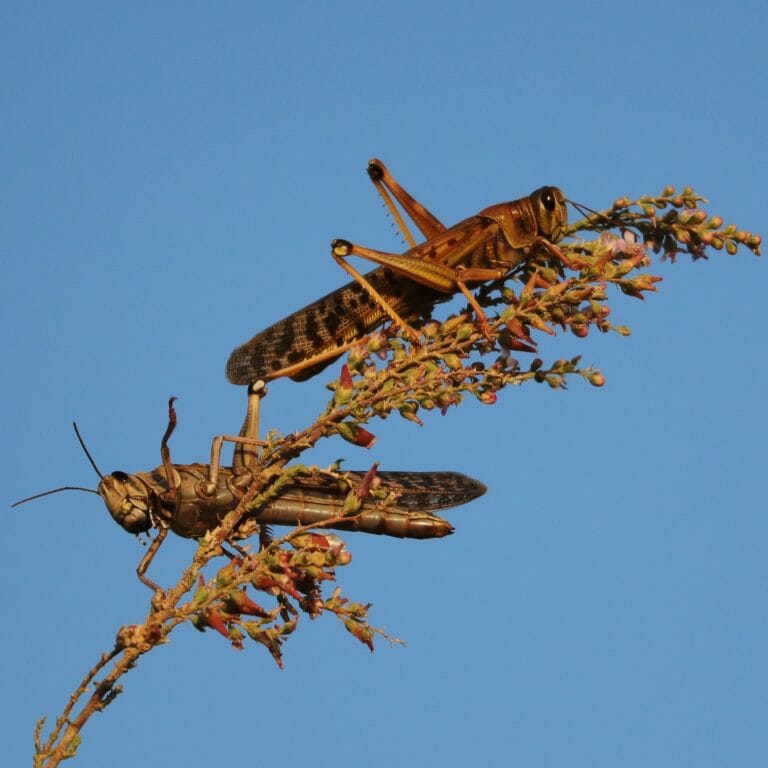
Contribute to a special issue of the journal Agronomy
Submissions are now being accepted for a special issue of the journal Agronomy, guest edited by Drs. Michel Lecoq and Arianne Cease, focused on any of these broad themes surrounding
FFAR and Swette Center project: first workshop on institutional barriers to sustainable locust management in South America
As part of the Global Locust Initiative Lab’s FFAR project on coupled human-system approaches to solving locust plagues, also supported by ASU’s Swette Center for Sustainable Food Systems, workshops have
MSUS student travels to Senegal to help workshop locust booklets
This article was written by William H. Walker VI, a sophomore in the School of Sustainability. Edited December 2, 2020 by Alana Burnham. From left to right: Team members Fatou
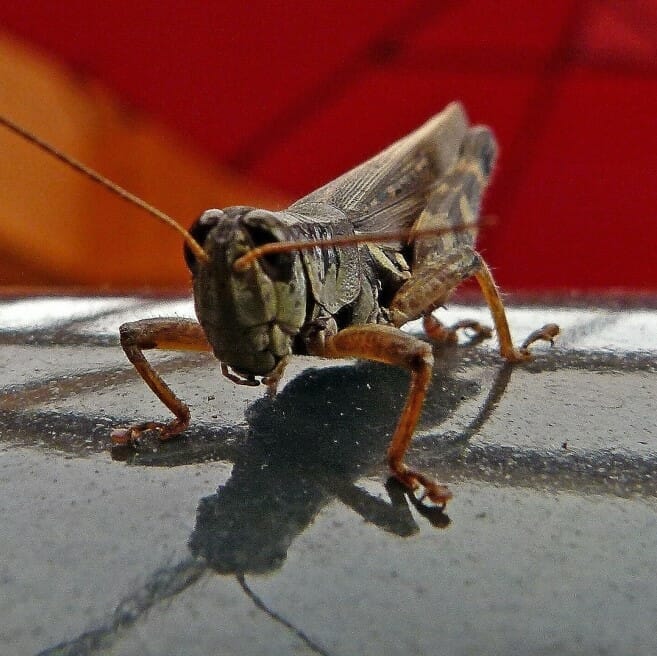
Locust plagues are devastating countries across Africa
Right now, there are hundreds of billions of locusts wreaking havoc on vegetation across Africa. Experts are sounding the alarm, including United Nations humanitarian chief Mark Lowcock, who said the
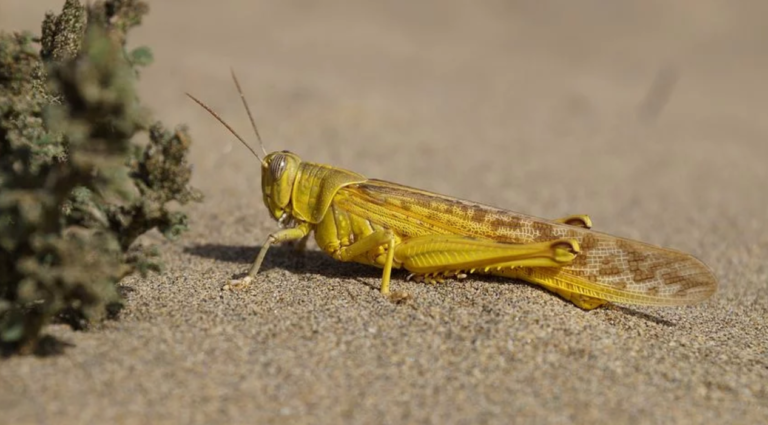
Desert Locust upsurge: an update from Dr. Michel Lecoq, GLI Network member and Desert Locust expert
For the latest information on the Desert Locust situation, please see the Food and Agriculture Organization of the United Nations (FAO) Locust Watch website. The Desert Locust is known throughout
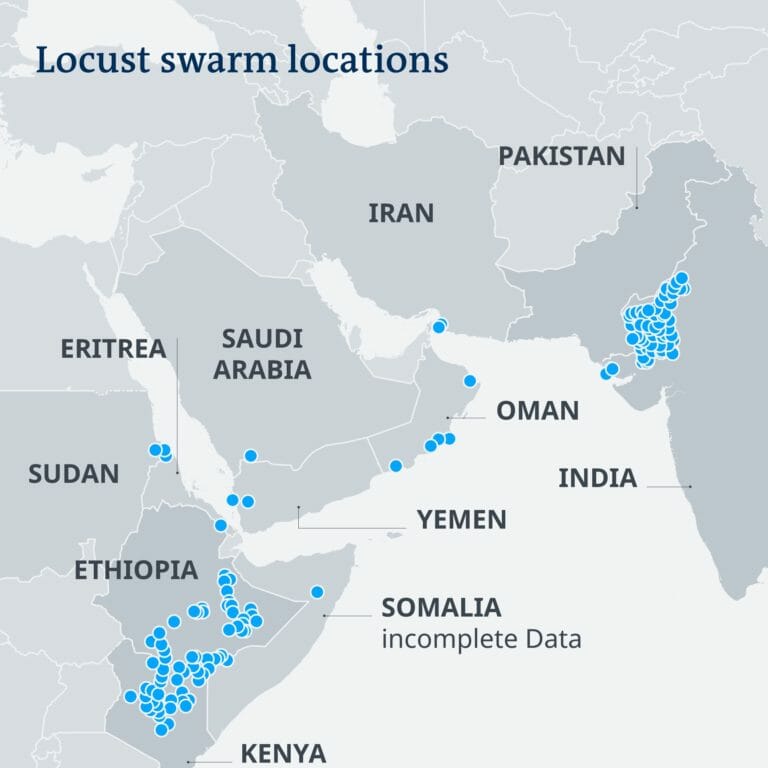
Current locust swarms emphasize the importance of GLI researchers
Pakistan. Somalia. Ethiopia. Kenya. Locust swarms of near biblical proportions are currently wreaking havoc across a wide swath of southwest Asia and east Africa. According to the United Nations, the
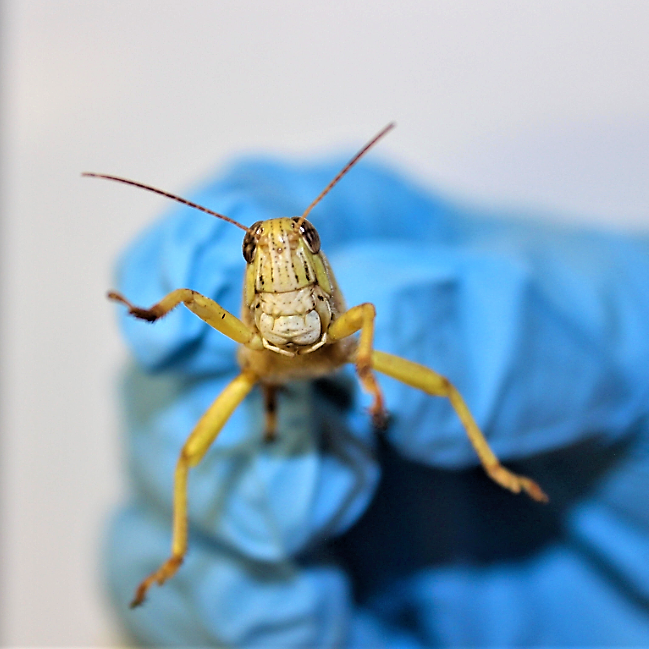
“Insects” calls for submissions to special issue, “Locusts and Grasshoppers: Biology, Ecology and Management”
Locusts and grasshoppers (Orthoptera: Acridoidea) are among the most serious agricultural pests worldwide. By inflicting damage to pasturelands and a wide range of crops, they jeopardize food security and livelihoods
The Second International Conference on Climate Change in the Sahel and West Africa
The Second International Conference on Climate Change is taking place April 1–3, 2020. This conference aims to share experiences on vulnerability issues; adaptation strategies in the fields of agriculture, livestock,